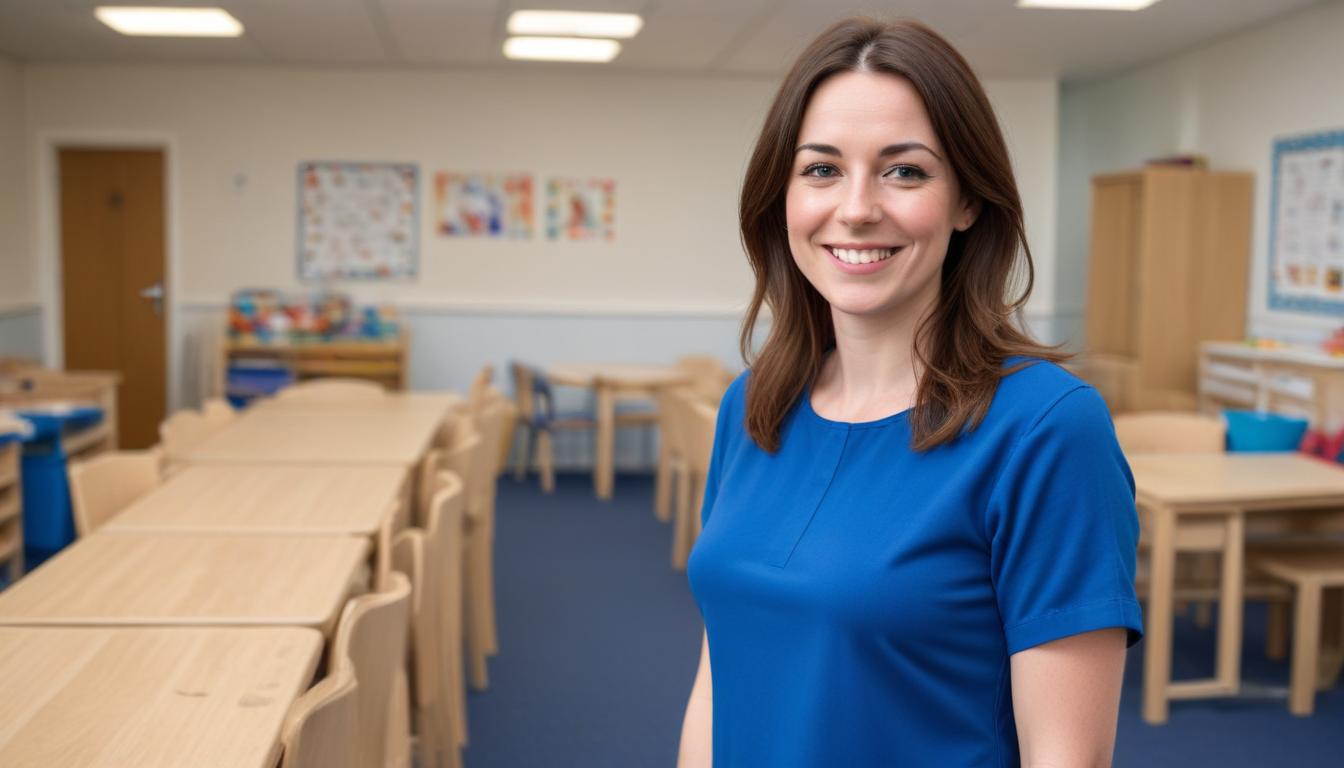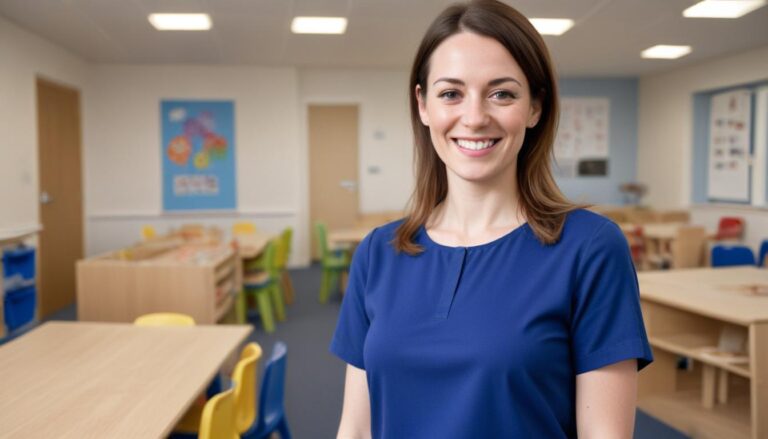
This guide will help you answer 2.1. Assess own current skills, knowledge and personal qualities relevant to the chosen job role.
Understanding your skills, knowledge, and personal qualities is crucial in shaping your career as an early years practitioner. This self-assessment helps you identify strengths and areas for development, ensuring you are well-equipped to support young children.
Identifying Your Skills
Skills refer to your ability to carry out tasks effectively. In childcare, several key skills are vital:
- Communication: This includes speaking clearly to children and colleagues, as well as listening actively. Are you comfortable explaining ideas in a way that’s engaging for young children?
- Patience and Tolerance: Working with children requires immense patience. You may encounter challenging behaviour. Reflect on your ability to remain calm and composed in such situations.
- Creativity: Creativity helps keep activities fresh and engaging. Think about how imaginative you are when planning activities.
- Organisation: Childcare workers must manage time and resources efficiently. Assess your ability to plan schedules and maintain order in a busy setting.
- Physical Stamina: This demanding role often requires long hours on your feet and participating in active play. Consider your energy levels and physical resilience.
- Teamwork: You will likely be part of a team, so being able to work cooperatively with others is crucial. Are you good at collaborating and supporting colleagues?
Assessing Your Knowledge
Knowledge refers to the information and understanding you have about a subject. In early years settings, this includes:
- Child Development: Familiarity with how children grow and develop is essential. Review your understanding of developmental stages and milestones.
- Health and Safety Regulations: Ensuring children’s safety is a significant responsibility. Consider how well you know current health and safety guidelines.
- Curriculum Knowledge: Think about your understanding of frameworks like the Early Years Foundation Stage (EYFS). This knowledge helps you deliver appropriate learning experiences.
- Safeguarding Procedures: Keeping children safe is paramount. Evaluate your knowledge of safeguarding policies and practices.
- Cultural Awareness: Acknowledging diversity and inclusion is important. Reflect on your understanding of different cultures and backgrounds.
Exploring Personal Qualities
Personal qualities are inherent traits that influence how you approach your work. Consider the following:
- Empathy: The ability to understand and share feelings is critical. Are you able to connect emotionally with children and their families?
- Responsibility: This role carries significant responsibility. Assess how dependable and accountable you are in your duties.
- Adaptability: Each day can bring new challenges. Reflect on how well you handle change and adapt to unexpected situations.
- Enthusiasm: Enthusiasm can motivate and engage children. Consider how positive and energetic you are in your role.
- Reflection: Continuous self-improvement is key. Think about how open you are to reflecting on your practices and making necessary changes.
Conducting a Reflective Self-Assessment
To assess your skills, knowledge, and qualities, start by reflecting on your daily experiences in the childcare setting:
- Keep a Journal: Document your daily activities, challenges, and achievements. Writing regularly helps identify patterns in your strengths and weaknesses.
- Seek Feedback: Ask colleagues, mentors, or supervisors for feedback. This will provide an external perspective on your performance.
- Use Self-Assessment Tools: Various tools can help identify your strengths and areas for improvement. These might include quizzes or structured reflection prompts.
- Set Goals: Based on your assessment, establish clear, achievable goals for personal and professional development.
- Review Regularly: Periodically revisit your self-assessment to track your progress and adjust your goals accordingly.
Developing an Action Plan
Once you’ve assessed your skills, knowledge, and personal qualities, create an action plan for growth:
- Identify Training Opportunities: Look for workshops, courses, or online resources to expand your knowledge and skills.
- Mentorship: Find a mentor who can guide you in your professional journey.
- Experience: Seek opportunities to gain new experiences, such as leading activities or taking on additional responsibilities.
- Networking: Build connections with other professionals to share knowledge and practices.
- Reflect and Adjust: Continually reflect on your progress and make adjustments to your plan as needed.
Value of Self-Assessment in Childcare Roles
The self-assessment process is valuable in early years roles:
- Professional Growth: Knowing your strengths and weaknesses promotes continuous learning and development.
- Confidence Building: Identifying your abilities boosts confidence, allowing you to perform your duties effectively.
- Enhanced Service Delivery: Reflecting on your practice improves the quality of care you offer to children and families.
- Job Satisfaction: Recognising your achievements and working on areas for improvement leads to greater job satisfaction.
Conclusion – Becoming the Best You Can Be
Assessing your skills, knowledge, and personal qualities is a proactive step in your career as an early years practitioner. Through reflection and action, you can improve your practice, benefiting both yourself and the children in your care. With dedication and effort, you will foster a supportive, engaging, and enriching environment for young learners. Keep striving to be the best you can be, enhancing your contributions to the early years field.
Subscribe to Newsletter
Get the latest news and updates from Care Learning and be first to know about our free courses when they launch.






